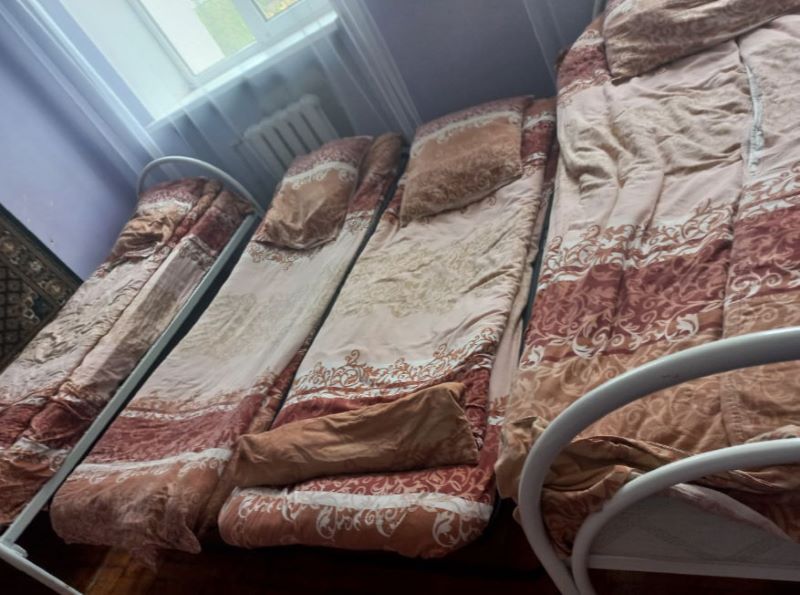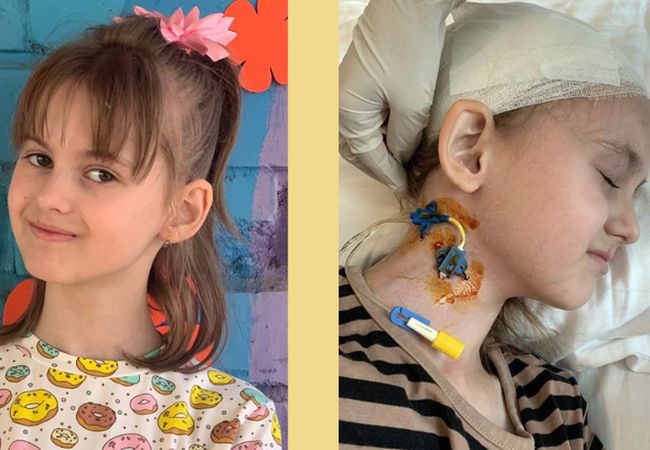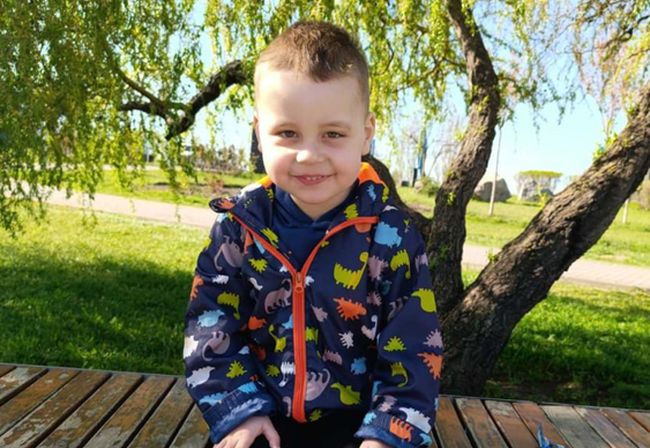Employees of the regional representative office of the Commissioner for Human Rights of the Verkhovna Rada of Ukraine in Zaporizhzhia region, with the participation of the regional coordinator of interaction with the public of the Commissioner in Zaporizhzhia region and the public monitor, visited of the Zaporizhia Children's Psycho-Neurological Institution of the Zaporizhia Regional Council.
An orphanage-boarding house is a stationary social and medical institution for permanent or temporary residence of children with disabilities aged 3 to 18, residents of palliative care departments (groups), persons with disabilities under the age of 35, inhabitants of assisted living facilities with physical, intellectual disabilities development and mental disorders, which due to their state of health require third-party care, household services, medical assistance, educational services, a complex of rehabilitation measures.
The group got acquainted with the conditions of the inhabitants' stay in the institution, had the opportunity to assess the living conditions, conditions of living and development, nutrition, medical care, rest and leisure.
Due attention was paid to the issues of food organization and medical care of inhabitants, problematic issues and shortcomings were identified here. In particular, medicines that had expired were stored. Improper documentation was also established. Particular attention was paid to the improper design and taking of daily samples of meals prepared for the inhabitants, as well as non-compliance with the rules for storing food in the kitchen.
During the visit to the institution, numerous violations of the right to decent living conditions, the right to protection of life and healthy development were revealed. Complaints from inhabitants of the psycho-neurological institution about inappropriate behavior of the staff were heard directly. The interviewees indicated that the psycho-neurological institution employees intimidated them and threatened them with reprisals for allegedly inappropriate behavior. In general, the socio-psychological climate in the institution is unfavorable. The inhabitants communicated reluctantly, with noticeable tension, and answered questions with fear. Only after making sure that the conversation was confidential, the inhabitants talked about the unsatisfactory conditions of their detention in the institution.
Based on the results of the visit, a report was drawn up with appropriate recommendations for eliminating the identified deficiencies, which was sent to the competent authorities together with response letters.






